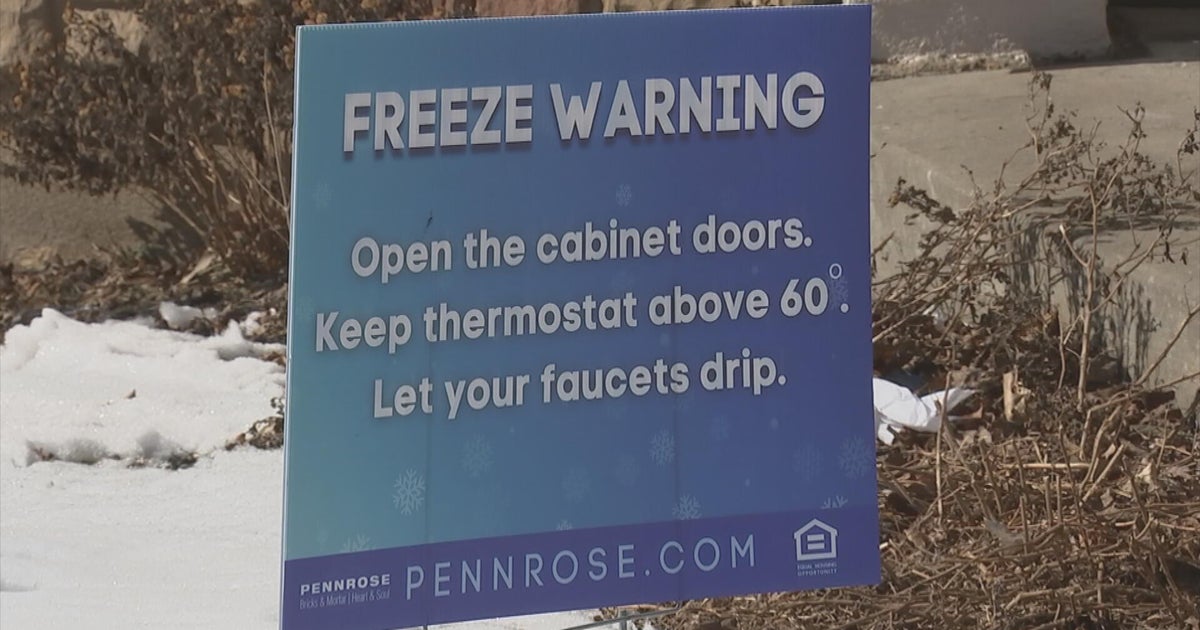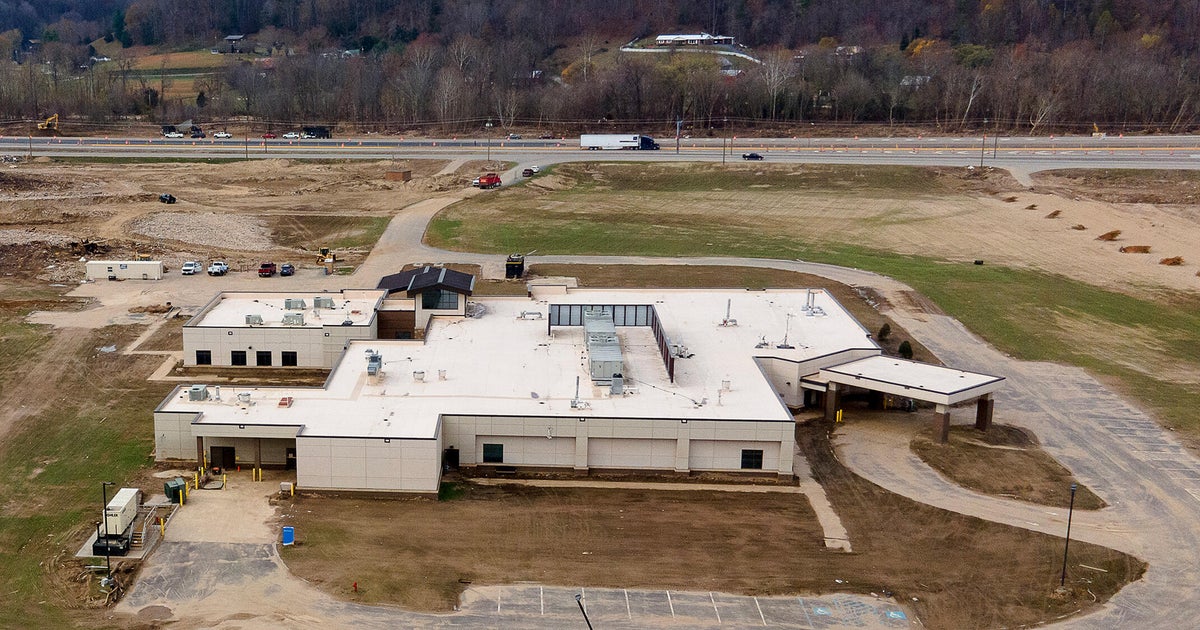3 On Your Side: Buying Generators
By Jim Donovan
PHILADELPHIA (CBS) - Have power problems from the recent storms made you consider buying a generator? You're not alone. Most stores can't keep them in stock, but how do you know what will keep your lights on and your food fresh? 3 on Your Side's Jim Donovan breaks it down for you.
When Hurricane Sandy knocked the power out at Jennifer White's house she wasn't surprised.
"We were prepared to lose power, but I don't think we were prepared to lose it for that long," said White.
So the purchase of a portable generator, made last year after hurricane Irene, came in handy.
"It certainly helped me out when we needed it," said White.
For a week after Sandy hit, the generator powered up Jennifer's refrigerator, TV and provided heat for her family.
"I was more worried about them with it getting so cold, not having heat," said White.
And she wasn't the only one.
"We sold out twice over the last two weeks," said Shawn Porrini with South Jersey Mowers in Cherry Hill.
Porrini says emergency generators are frequently becoming a must have item. But where do you start?
"Most people are going to buy portable, because its' cheaper and you can move it around," said Porrini.
Generators are typically sold by wattage so you should do some math before heading out to buy one.
"You don't want to get 1,000 watt and try to power your refrigerator and your sump pump and several other items in your house, it's just not going to happen," said Porrini.
Online calculators can help to determine the total wattage you need.
Want to power up a gas furnace? That's 400 watts.
Sump pump? That's 600 watts more.
A refrigerator, that's 725 watts.
Consumer Reports says in most cases a 5,000 to 7,000 watt generator is enough for most needs.
Prices vary widely based on size and manufacturer.
We found 6,500 watt units starting as low as $700 and going up to several thousand, depending on the features. And don't forget the fuel costs! Most portables use roughly 8 to 22 gallons of gas a day.
"Your cheaper ones are gonna use a lot more gas. Whereas your better ones actually power themselves down," said Porrini.
Like these Honda generators that automatically adjust the engine speed to match the power needed, maximizing fuel efficiency.
Finally, while Jennifer's generator was music to her ears, if noise is a concern, expect to pay more for a bit more peace and quiet along with your peace of mind.
If you don't want to be dealing with extension cords all over the place. You can have an electrician install what's known as a transfer switch.
It cost's between $500 to $900 and allows you to connects the generator to your home electrical box.
You can also power these generators with other types of fuel like propane and natural gas. That goes for both portable generators and stationary generators, which are units that you have permanently installed outside your home and that kick in automatically when the power goes out without any effort from you.
Related Links:
http://www.consumerreports.org/cro/generators/buying-guide.htm







